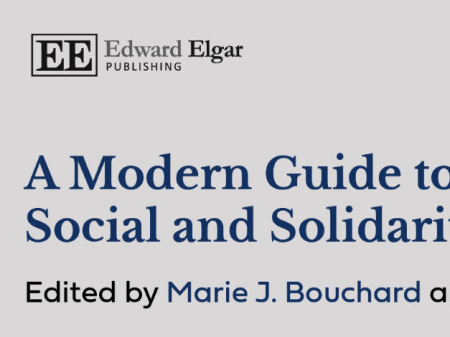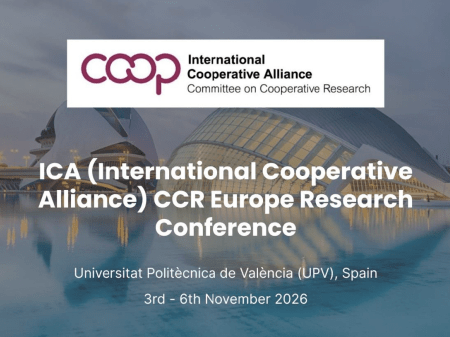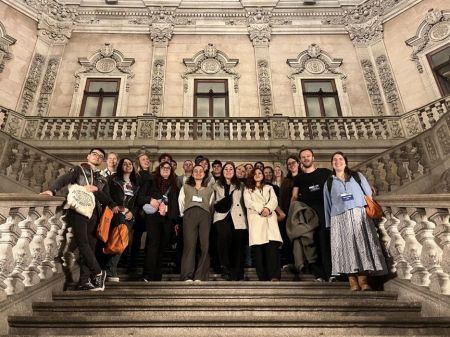We are pleased to share news of a new book relevant to…
Movement's links with Food and Agriculture Organisation strengthened

The United Nations’ Food and Agriculture Organization and the International Co-operative Alliance have strengthened their collaboration by signing a memorandum of understanding. The document highlights the “unique” contribution of agricultural co-operatives in fighting against hunger and poverty.
Speaking at the signing of the Memorandum on 15 October, the day before this year's World Food Day, the FAO Director-General said that last year’s Day had marked the importance of agricultural co-operatives to feeding the world. This year’s World Food Day was themed “Sustainable food systems for food security and nutrition”.
José Graziano da Silva said the UN body would continue to support member countries in providing the right conditions for the growth of co-operatives. “Together, we will help make the voices of co-operatives heard at policy spaces worldwide,” he said.
President of the Alliance, Dame Pauline Green, said that as sustainability-driven enterprises, co-operatives have a key role to play in the sustainable eradication of hunger and poverty. She added that the memorandum should empower co-operatives all over the world, enabling them to stand stronger as trade partners in negotiations with state and private sector partners.
“This partnership makes ICA and FAO stronger by allowing us to work together to strengthen rural co-operatives in the developing world. This is the common agenda that joins ICA and FAO, as well as other UN partners and the Committee for the Promotion and Advancement of Co-operatives,” she said.
Director-General, Charles Gould, also said the signing of the memorandum was a continued expression of trust in the contribution of agricultural co-operatives in achieving the Millennium Development Goals.
Co-operatives enable farmers to gain access to the global market, diversify into other products, and improve environmental practices and access to basic necessities like clean water, sanitation and energy. Mr Gould said hunger reduction could be achieved through economic growth, which required shared knowledge. The memorandum will enable a wide exchange of technical knowledge, governance tools and methodologies.
“Through its emphasis on knowledge building and exchange, the memorandum will increase co-operatives’ ability to secure access to capital and to develop their enterprises in an environmentally, socially and economically sustainable way,” said the ICA Director-General.




